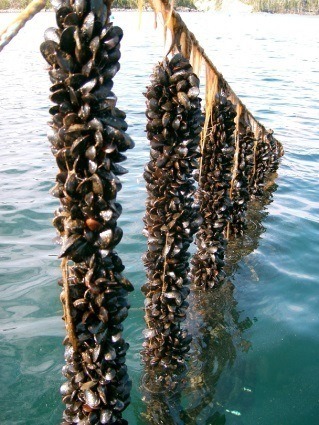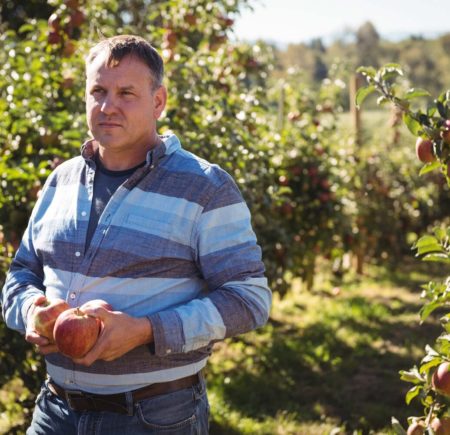

The Shetland Islands: How fisheries are meeting the net-zero target
Shetland’s seafood industry is worth £320 million a year to the Shetland economy alone, representing one of the island’s most prominent industries. It employs hundreds of personnel across a range of different aquatic jobs from supply chain development, marine engineering and technology, ship chandlery and supplies, fish health and logistics.
But like every corner of the fisheries industry, Shetland is not immune to the environmental pressures to reduce its carbon emissions and meet the global target of net-zero by 2050.
Chief executive of Salmon Scotland, Tavish Scott says: “It’s the biggest challenge that all producers of protein face, whether you are crofting in Shetland or growing fish in sea pens. We need to be part of the worldwide drive to reduce emissions and help Scotland and the UK achieve net-zero carbon targets.”
So, what is Shetland doing?
Some 81% of all Scottish mussels are grown in Shetland at a value of about £81 million making it arguably the most important region for mussels in the UK. According to Seafood Shetland, the industry employs around 100 people at sites around the Isles which produce approximately 6,700 tonnes annually.
Shetland Select’s mussel farm, a frequent supplier to a number of London’s leading restaurants has devised a novel solution to the sustainability challenge over the course of 11 year period of continuous research and investment.

Photograph: Shetland Select (source)
The farm uses long 220m ropes (two-thirds the height of the Shard in London for context) spaced seven apart and hangs five metres down into the water to give the immature mussels something to latch onto as they grow.
Driven by tide, wind and undersea topography, clouds of eggs and sperm collect in clusters, that begin to build thousands of “bundles” of mussels over time. The process is near enough completely carbon-free; doesn’t require any large plant or machinery to work. Not only that; the produce itself is artificial free making it one of the most desirable products in the fish market.
Once mussels grow to a certain size; they are collected by boat, harvested, cleaned ready for shipment to some of the finest restaurants in Britain.
“Our mussel farming has a very low impact on the natural environment and our farm managers are committed to ensuring that this precious location is protected,” says Shetland Select. “Not only for the ongoing production of top-quality shellfish – but also for the wellbeing and enjoyment of future generations.”
Whilst this is an isolated example, the insight it shows into the innovation and commitment of the fishing community provides encouragement for a sustainable future of fishing in Shetland.
An article on Shetland Select: https://www.shetlandselect.co.uk/


